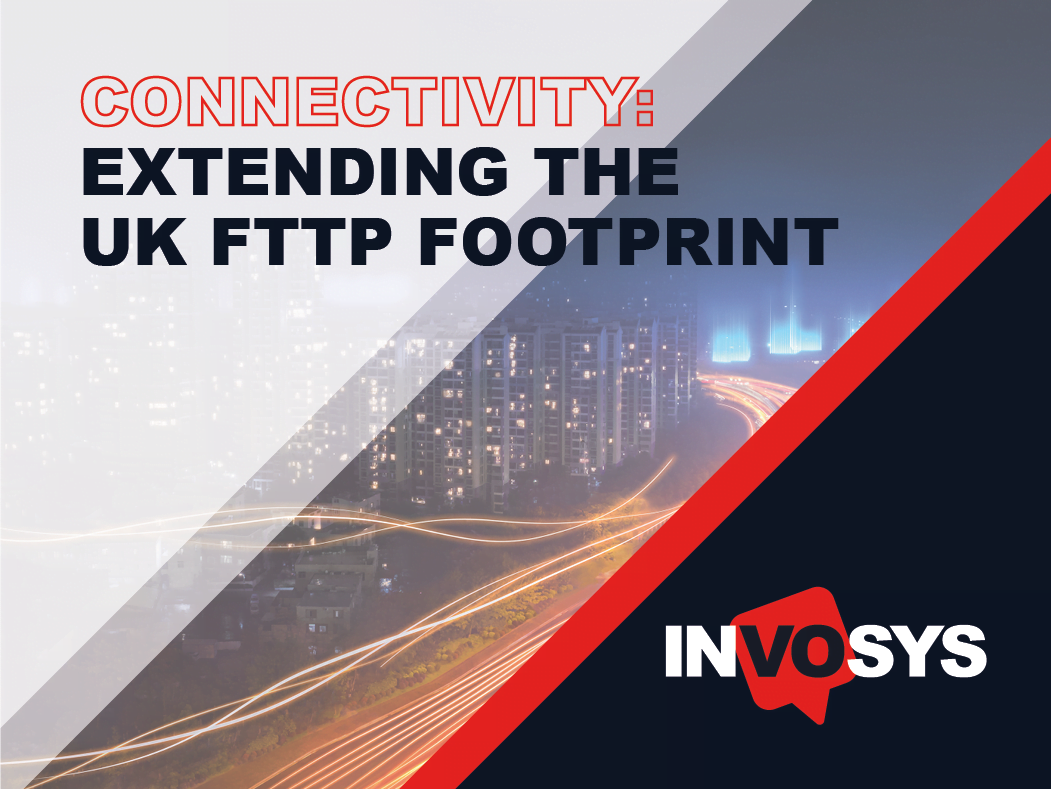Copper wires have been the backbone of UK comms since 1911, so the task of replacing this sprawling network is a mammoth undertaking.
For years, BT Openreach and Virgin Media — the UK’s biggest telecom carriers — have dominated the market. But with just three (and a half) years left to upgrade the country’s entire copper cable network to full-fibre, a whole host of smaller challenger firms are eager to get a slice of the action.
Probably a good thing, too, if we’re to achieve ‘gigabit-capable connectivity’ across the country by 2025 and create a UK broadband network that’s any sort of match for online streaming and the internet of things…
Show us what you’ve got, AltNet providers
The goal of a typical AltNet (alternative network) provider is simple: provide fast, reliable and resilient internet connectivity.
At the moment, there are around 100 AltNets ready and waiting to deploy fibre-to-the-premises (FTTP) across the UK. BAI Communications, Community Fibre, Hyperoptic, CityFibre and Gigaclear are just a few of the start-up telcos looking to take a bite out of Virgin and BT.
These AltNets are growing rapidly and are expected to spend around £12 billion supporting network builds that could reach 30 million premises by 2025 — collectively, at least. Individually, they’re still trumped by the old guard.
But funding is being pumped into the growth of FTTP before the 2025 switch-off, and the AltNet sector has been buoyed by announcements of more than £2.5 billion of private sector investment.
Then there’s Project Gigabit: the UK government’s £5 billion investment designed to bring fibre broadband to more than 15 million hard-to-reach homes and businesses. The project will undoubtedly open doors for alternative network providers, serving up the golden opportunity to take on the two mainstream providers.
It’s the chance of a lifetime for telecom start-ups with an entrepreneurial spirit and the drive to build networks that challenge the status quo.
What’s life without a little competition?
The UK is already on track for one of Europe’s quickest ultra-fast broadband rollouts, but AltNets will undoubtedly provide the telecoms industry with an extra boost, reducing the digital divide between metro regions and underserved rural areas.
After all, BT Openreach and Virgin Media could do with a little healthy competition — and AltNets are just the thing to level the playing field.
If we want the telecoms industry to thrive, competition is the answer. Not only will it help to reduce costs, but it’ll also speed up the delivery of gigabit broadband and ensure it quickly reaches the remote places BT and Virgin overlook.
Plus, whereas the big guys provision the cable networks first and THEN try to attract the customers, successful AltNets will flip this approach on its head — identifying the locations and communities of interest before figuring out the cost of getting the broadband services to that location. So long as they balance the costs and partner with trusted suppliers that can boost their connectivity, they can expect a good return on investment.
Yet, the question remains: can these alternative network providers REALLY compete? Virgin and BT already have the infrastructure, so they’re one step ahead. And whilst many AltNets are off to a flying start, they cannot hope to deliver in a siloed approach. With the right connections, though? Then we’re talking.
With so many players in the market and competition heating up at pace, some AltNets will inevitably join forces, building their services around the existing infrastructure. And that’s certainly not a bad thing if we want to future-proof the UK’s long-term broadband infrastructure…




